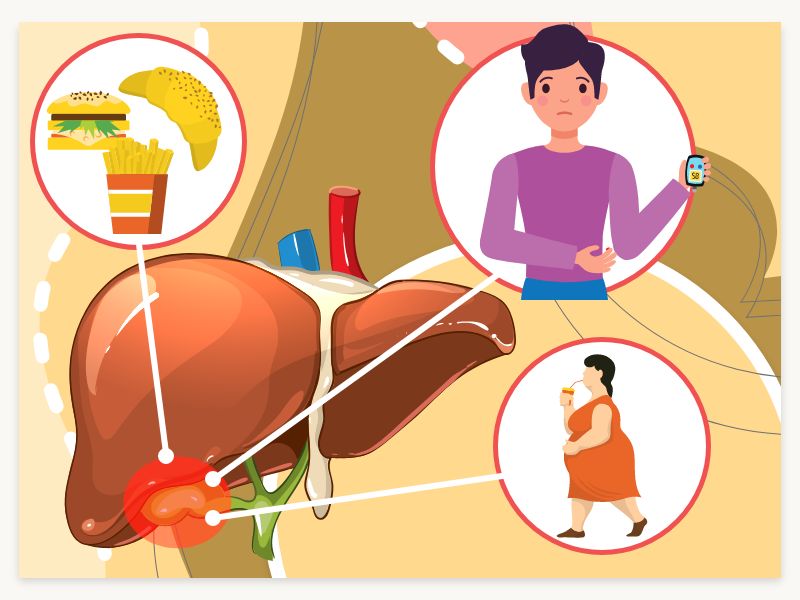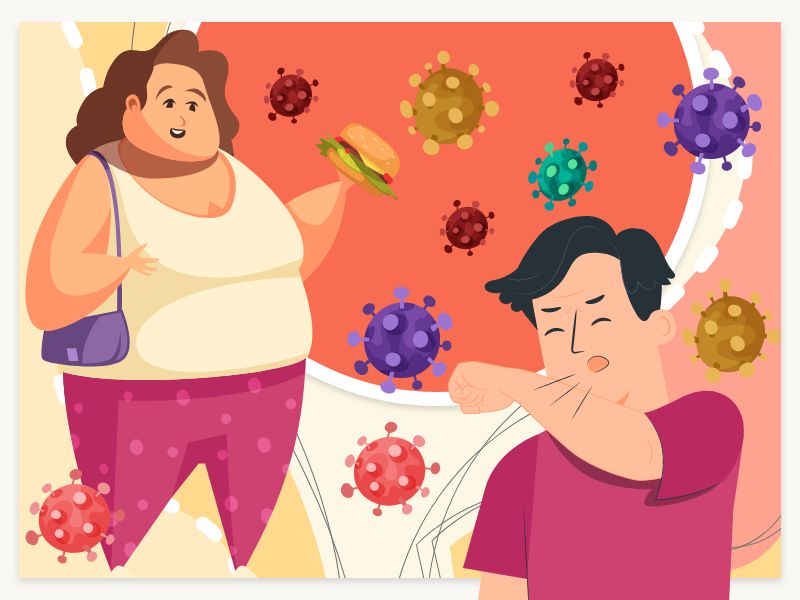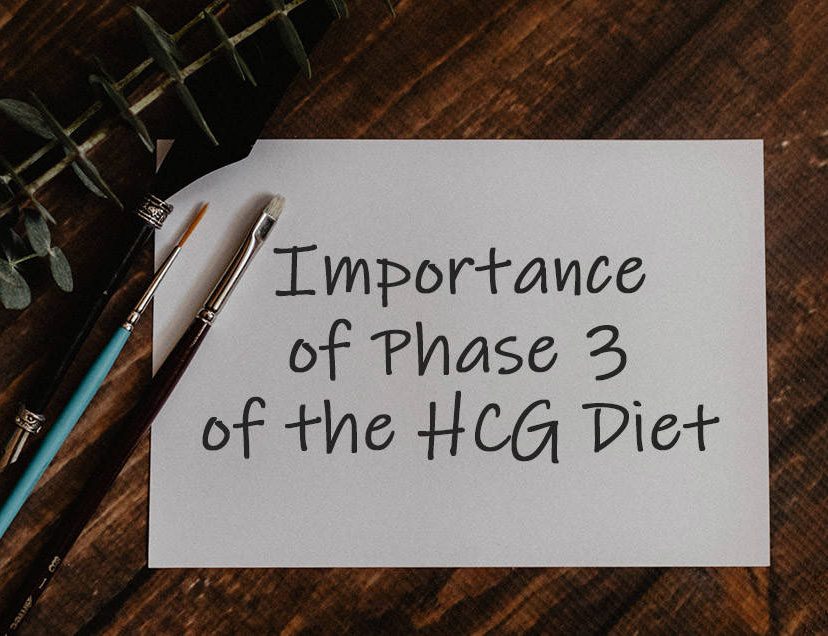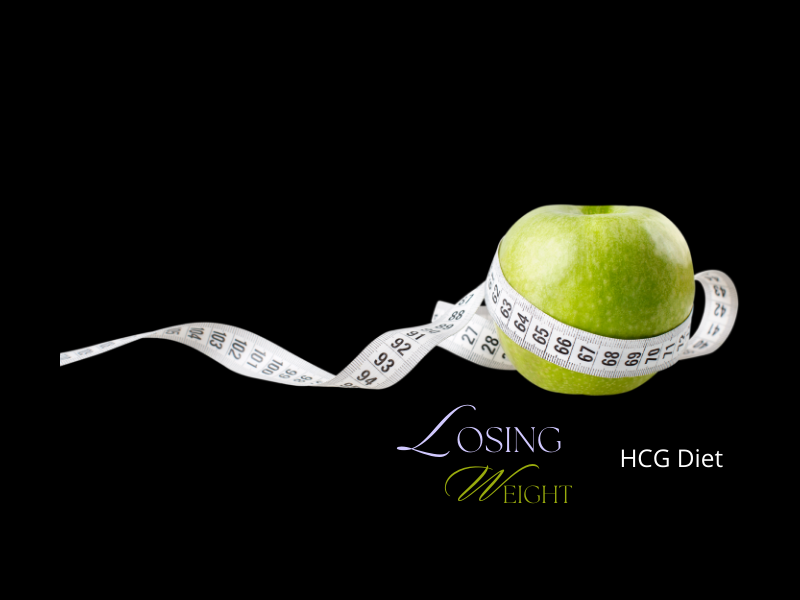Causes of Gallbladder Disease

Gallbladder disease includes infection, inflammation, stones, or blockage of the gallbladder. The gallbladder is a sac located under the liver. It stores and concentrates bile produced in the liver. Bile aids in the digestion of fat and is released from the gallbladder into the upper small intestine in response to food
Types of gallbladder disease include:
- Sclerosing cholangitis
- Tumors of the gallbladder and bile ducts
- Growths of tissue in the gallbladder
- Congenital defects of the gallbladder
- Gangrene or abscesses
- Cholecystitis
- Gallstones
- Chronic acalculous gallbladder disease
What Causes Gallbladder Disease?
Having too much cholesterol in your bile causes gallbladder disease. Normally, your bile has enough chemicals to dissolve the cholesterol excreted by your liver. But if your liver excretes more cholesterol than your bile can dissolve, the extra cholesterol may form into crystals and eventually into stones.
Risk Factors of Gallbladder Disease
Factors that may increase your risk of gallstones include:
- Being female
- Being overweight or obese
- Eating a high-fat diet
- Eating a high-cholesterol diet
- Having diabetes
Obesity and Gallbladder Disease
Obesity is a vital health problem in the world and related to many critical diseases, such as cardiovascular disease, diabetes, and metabolic syndrome. Obesity leads to fat infiltration of multiple organs and infiltrated adipose tissue produces lots of cytokines that result in the dysfunction of organs such as the gallbladder. In biliary diseases, obesity has been known as a major risk factor for gallstones. The common solution to gallbladder disease and obesity is losing weight. It can only happen by including a healthy diet and following a daily exercise routine plan. Some recommendations include foods rich in antioxidants, high fiber foods, foods rich in Vitamin B, and whole grains helping to reduce the symptoms. In addition and very important, daily exercise also helps in the treatment. When all the above attempt fails for the treatment, then surgery is recommended known as a cholecystectomy.
Using HCG Diet to Lose Weight with Gallbladder Disease
Regular HCG injections coupled with proper dieting and exercising can help an individual lose weight. HCG for weight loss helps improve general health and prevent the onset of medical conditions. Weight loss also helps with the reduction of cholesterol levels in the body.
HGC injections for weight loss can help you to manage your overall body weight. Wherein, as a result, it improves stamina and organ function. Proper performance of the body’s vital organs helps to supply the body with the energy it needs for the physical exertions of everyday life.
Using HCG when you have Gallbladder Disease will help you improve not only the symptoms of your condition but as well as your overall wellbeing. You lose weight and at the same time, you become healthier.






